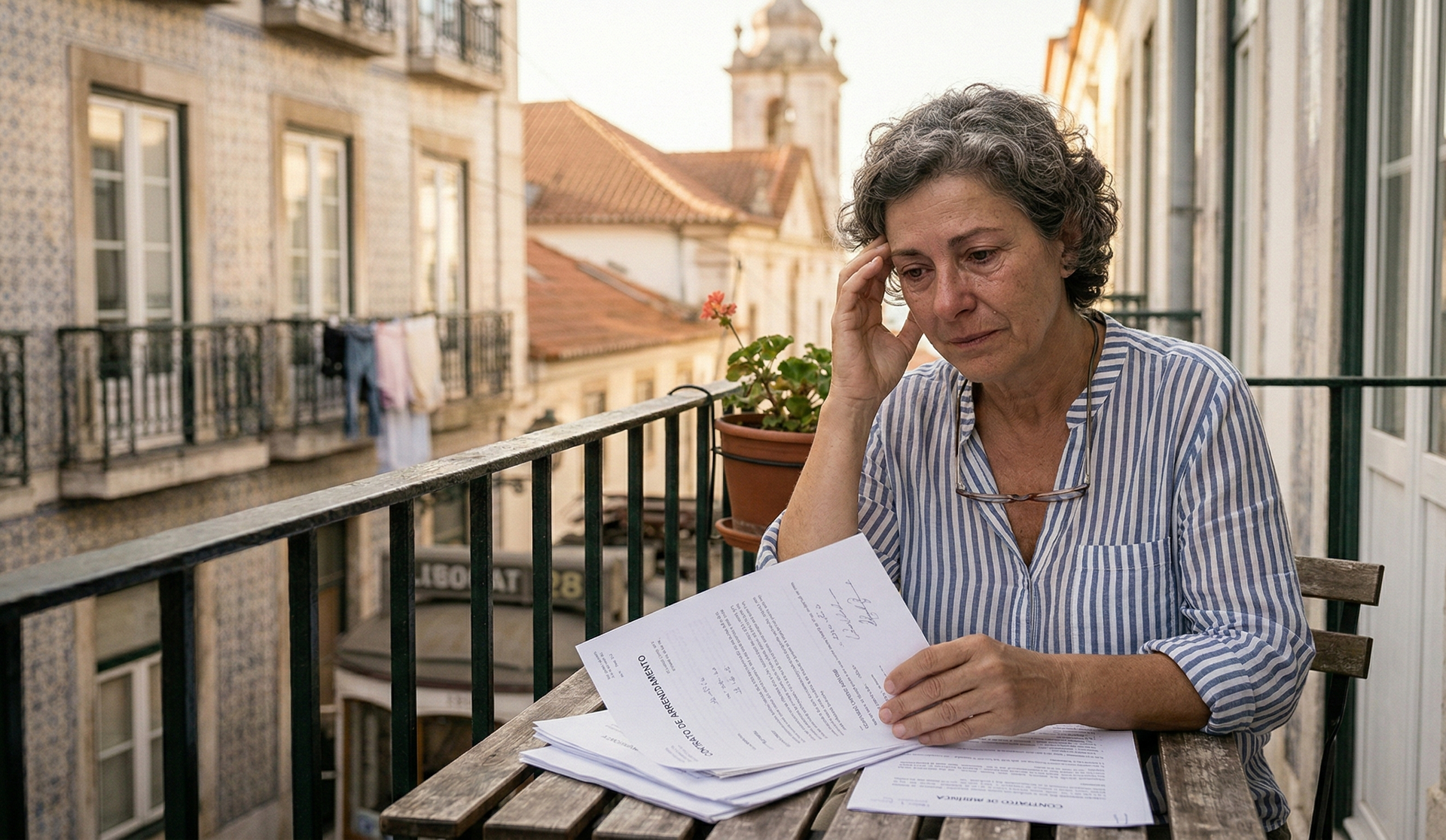Applying for Portuguese Nationality: What to Expect and How Lawyers Can Help

Joana Loureiro Veríssimo | Lawyer
Portuguese nationality is a right that can be acquired through various means: birth, marriage, parentage, length of residence, or Sephardic Jewish ancestry. Regardless of the route, the process involves specific steps and timelines that may vary depending on the complexity of the case. Acquiring Portuguese nationality offers numerous benefits, including the right to live, work, and study in any European Union country. The process can be intricate, but understanding the steps involved and the role of legal professionals can significantly streamline the journey.
The process for obtaining Portuguese nationality is managed by the Instituto dos Registos e Notariado (IRN), or the Institute of Registries and Notaries. Applications may be submitted in person or, since 1 December 2023, exclusively online, through a lawyer. The typical procedure involves several key stages, such as:
- Preparation and submission of the application: This stage involves carefully gathering and organising all necessary documentation. This may include documents such as birth and marriage certificates, proof of continuous residence, criminal background checks from both the home country and the country of residence, and, in certain cases, evidence of Sephardic Jewish ancestry. It is essential to ensure that all foreign documents are properly apostilled or legalised according to Portuguese requirements. Incomplete or improperly authenticated documentation can cause significant delays. Attention to detail at this stage can have a major impact on the smooth progression of the application.
- Application review: Once submitted, the application undergoes detailed analysis by the IRN. While the legal timeframe for this phase is officially 90 days, applicants should be prepared for delays, as the process may take anywhere from 9 to 12 months. The actual duration depends on several factors, including the type of application, its complexity, and the IRN's current workload. During this period, additional information or documents may be requested, potentially extending the review time.
- Decision and registration: If approved, the applicant will be granted nationality, which will then be officially registered. However, this final step is not immediate. It can take an additional 6 to 8 months to complete the registration. This phase includes the formal entry of the nationality in official records and the issuance of the relevant documents. Applicants should be aware that even after a positive decision, administrative backlogs may cause further delays.
In this context, selecting a lawyer who specialises in nationality law provides clear advantages. The lawyer offers legal expertise, helping to identify the most suitable route according to the applicant’s specific circumstances and ensuring full compliance with all requirements. They also assist in preparing and verifying all documentation, making sure that foreign documents are correctly apostilled or legalised. Another key benefit is the ongoing monitoring of the application's progress. The lawyer communicates with the IRN when necessary and keeps the applicant informed at each step. In exceptional cases, where delays could cause serious and irreversible harm, it is possible to request expedited processing. However, such requests are rarely granted and must be properly justified.
Processing times vary depending on the type and complexity of the case. Based on recent trends, the average timelines are as follows:
- Minor children: 3 to 5 months.
- Adult children: 8 to 12 months.
- Spouses or common-law partners of Portuguese citizens: 25 to 30 months.
- Grandchildren of Portuguese citizens: 25 to 30 months.
- Applicants with five years of legal residence: approximately 19 months.
- Applicants with Sephardic Jewish ancestry: 25 to 30 months.
Applicants of Sephardic Jewish descent should note that, following recent legal amendments, this route is now subject to more restrictive conditions, including the need to demonstrate an effective and lasting connection to Portugal.
There have also been important legislative changes to the Portuguese Nationality Law aimed at simplifying and accelerating the process. One of the most relevant amendments allows the time elapsed since the submission of a temporary residence permit application to count towards the required period of residence for nationality purposes, provided the permit is ultimately granted. This measure helps mitigate the impact of delays in the processing of residence permits.
Furthermore, since 14 June 2023, it has become possible to apply for Portuguese nationality online for nearly all categories provided by law. These online applications must be submitted through a
lawyer, ensuring that applicants receive qualified legal assistance throughout the entire process.
Conclusion
Obtaining Portuguese nationality is a legal pathway to citizenship that opens access to numerous rights and opportunities within the European Union. While the process may be lengthy and complex, the support of a specialised lawyer ensures efficiency, compliance, and peace of mind.
If you are considering applying for Portuguese nationality, it is highly advisable to consult with an experienced lawyer who can offer tailored guidance and oversee every step of the procedure.










